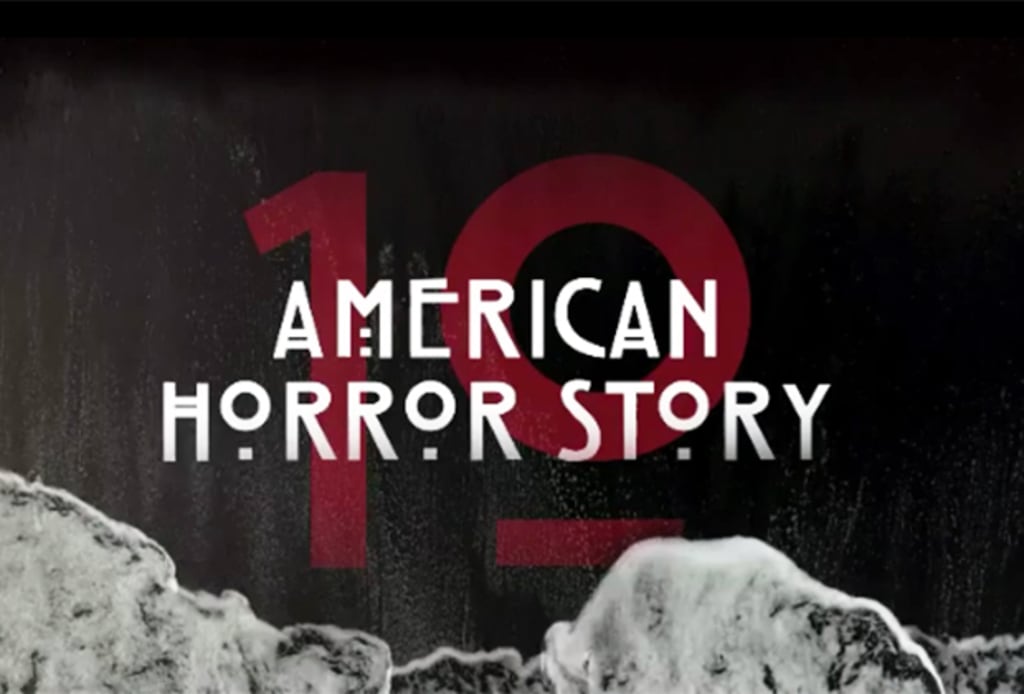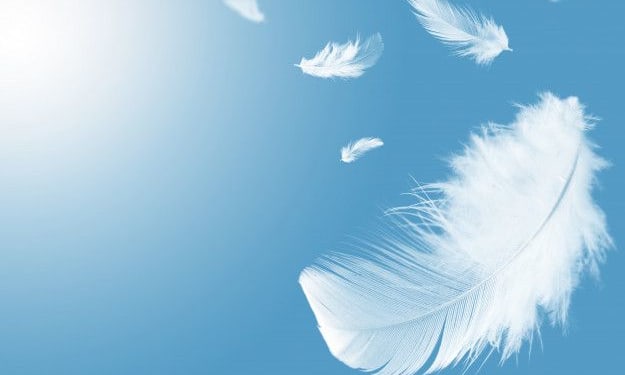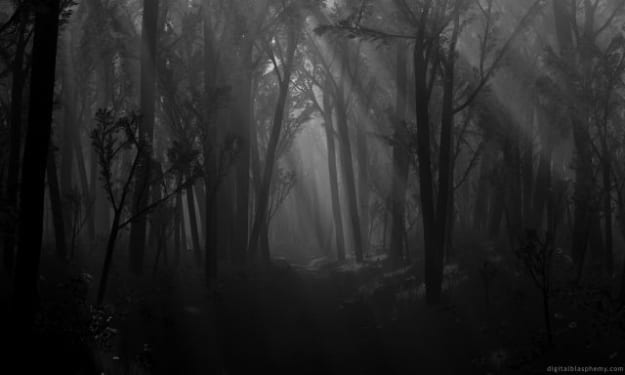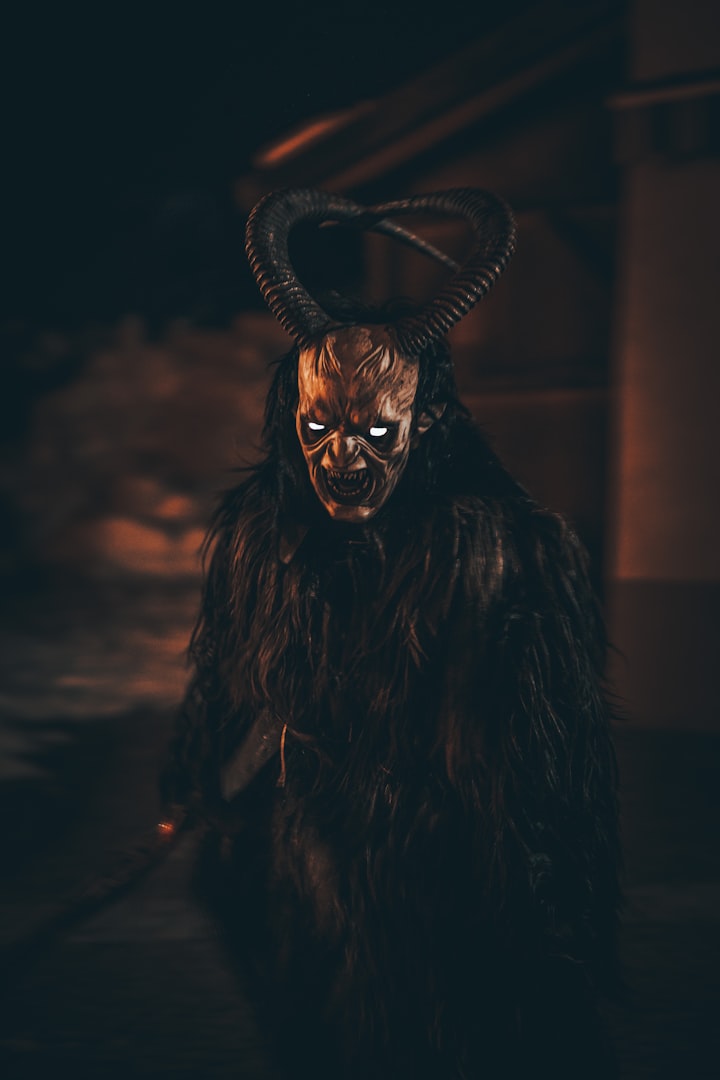American Horror Story 10 Years Gone
How did a groundbreaking idea became a parody of itself in 10 short years

When it first reached the screens back in 2011, American Horror Story pulled viewers into its own sadistic universe with such strengh that it quickly became a staple for horror fans and newcomers to horror alike.
Its premiere season was a gamechanger for the genre and it approached very human issues wrapped into supernatural subplots that made the viewer feel uncomfortable and hypnotized at the same time. It was an instant classic and, by the end of Murder House, posed the question: Will a second season, unrelated to the story that we fell in love with, be capable of mantaining the quality that conquered the audiences heart? By 2012, when Asylum premiered, the answer was made clear and American Horror Story became an instant classic.
Now, a decade down the road, the show has managed to mantain some characteristics of what made it into out hearts: a star studded highly talented cast that we have grown to love, an ever changing intro that never fails to awe us and an impecable artistic take on cinematography and design. Yes, AHS is still as beautifully made as ever. However, the content of the show has become weaker with each passing year, disappointing fans around the globe with dialogue that tried too hard to be both meta and witty, rushed storylines that fail to deliver satisfaction to its loyal fanbase and an evergrowing need to connect itself to its better seasons. Lazy is a word to describe what the show has become. The intelligent metaphors that used to make up the fabric of the AHS universe have now turned into self congratulatory scripts with no sense of inspiration behind it, and such a loyal fanbase deserves better than an unconscious parody of what was once a subversive show that made outsiders and wallflowers its main protagonists.
Double Feature, the newest addition to its stories, is the perfect example of that on both its iterations, by sea or by sand and I, a hardcore fan of the show since its very beggining, am here to analyze what happened during the last decade that turned AHS into its very own fan fiction.
Lets begin with the initial mood created by the show. When it first came out, AHS felt like an unique and necessary addition to the Horror Genre, which had been feeling repetitive for a long time since Scream became a new staple for fans of a good scare and a bit of gore. For a long time, all we were offered with the genre were remakes and reboots of stories we all knew far too well. With the exception of SAW, in 2004, very little had been done creatively to renew horror as we knew it. And then, we were introduced to the Harmons and Constance Langdon and it took our breaths away.
Yes, it was a ghost story and a haunted house at its core, but it went somewhere new with it, steping away from cheap scares and giving depth to characters that did not fit into the one dimensional cliches that commonly populate other titles on the same subject. In Murder House, we were forced to face consequences of lust, betrayal, suicide, toxic relationships, motherhood and, uniting all together, the overall feeling of despair that hovered over every flawed character we were introduced to. The show made the audience hope for the romance between Violet and Tate only to then reveal to us he was a school shooter and managed to make us uncomfortable for rooting for a bad guy by giving us reason to understand his desperation. It was glorious. Through Ben Harmon we were given the perspective of a man that can rationally explain every self doubt any character offers, but unnable to restrain himself from these same flaws. There was nuance to the story, we as an audience could feel the inner struggles being presented to us without them needing to be spelled out.
The same happened to the next few seasons. Asylum, for instance, has one of the darkest scenes ever etched into my memory - Zachary Quinto and Sarah Paulson acted out a conversion therapy scene that was dark and twisted on its own, but given the fact that both actors are, in fact, queer in real life, gives it a whole new depth of horror that translated painfully through the screen. Coven depicts the very disturbing relationship between Queenie (Gabourey Sidibe), a proud black witch, and Madame Delphine Lalaurie (Kathy Bates), a historically known monster of a women that has murdered dozens of black slaves for her own pleasure, offering a very unique perspective on sistematic racism. Freak Show highlighted the beauty of ostracized people while exposing normality for a mask os monstrosity. All those early stories managed to delve into current and important issues without ever dumbing itself down to accomodate ignorance. AHS knew its audience and established a relationship with it that allowed us to feed from the show and its writing.
Things started to cheange when Hotel came along. When AHS lost its most proeminent star, Jessica Lange, and the writers seemed to lose their pacing. They could no longer create the season around her and feed off her strong presence within the universe they created, so Hotel felt a lot like a turning point because, despite its interesting moments and memorable characters, was entirely created to highlight Lady Gaga as a newcoming center to the shows gravity. In reality, it benched its most engaging storylines, especially surrounding Liz Taylor (Denis OHare) and her own take on inner changing. Despite its immense potential, the season mostly feels like a music video, with beautiful photography and set designs. It was followed by Roanoke, a parody within a parody that fell flat to deaf ears because it never quite hit its stride because it didnt seem to realize it was, in fact, a parody of AHS itself, and Cult, which was highly publicized as a subversive take on the election and the Trump administration but didnt quite have the courage to follow through on that promise. And then tragedy struck when Apocalypse hit the screens.
The 8th installment of the series created huge expectations on fans, with the highly antecipated return of Jessica Lange and many other characters of seasons past, which in itself contradicts the idea of an antology series. Yes, we have had little hints of a shared universe in the past, starting with a beautiful yet underrated crossover of Asylum and Freak Show, followed by the unnecessary and cotrived Coven appearence in Hotel. However, Apocalypse tried so hard to bank on the sucess of the past that it stumbled on itself and shattered its potential with a depressing faillure that can only be described as lazy writing and an ending that defied the intelligent relationship it held with its audience in the past, dumbing down important issues of Murder House and Coven forcibly, only to fit into the crossover event that only ever worked in theory, rebooting the entire series and leading the forgettable 1984.
And then we come into the shows 10th anniversary with Double Feature, exploring the meaning of talent in the most shallow manner possible and stating that it can only be measured by how it leads to financial gain, which is the most meta thing the show has ever done and, it seems, done without realizing it. What I mean by this is, when AHS first came into our screens, Ryan Murphy and Brad Falchuk were mostly known by the audience for their teen show Glee, so they came into the horror genre as a huge and unexpected surprise to all, giving a new voice to once tired concepts. Since then, as the show grew into a staple, so have the creators, reaching entire new level of fame and, of course, financial success. Much like the characters in Red Tide, they have been massively corrupted by their own ambition, leading to increasingly poorer writing with every new installment because they simply have nothing else to prove about their talent, turning what should have been a big event - a horror show reaching an entire decade on air - a parody of their own ambition.
As of today, the new season is now airing its second half, Death Valley, bringing back the long awaited aliens that have been teased in the second season but never fully explored, which has been creating new level of high expectations from long time fans that have been asking for the subject to be addressed for 8 long years, despite the fact that the very little shown so far contradicts the story told back then. However, I fully expect to be dissapointed at this conclusion, fully aware that servicing fans has become the central theme of a show that, 10 years ago, was not afraid to challenge boundaries and exist on the fringe of mainstream.





Comments
There are no comments for this story
Be the first to respond and start the conversation.